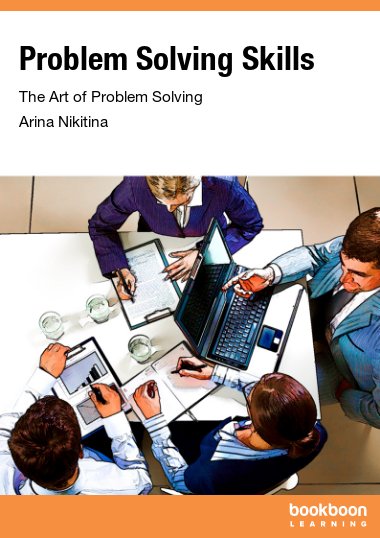Problems solving is at the center of many people’s everyday work. Whether solving a problem for a client, guiding other people or discovering new, creative ways to improve certain aspects of your own life, problem solving is a fundamental success skill.
Being a confident decision maker, feeling in control of the situation, and channeling other people’s support and energy comes from having a sound problem-solving process.
The Art of Problem Solving offers valuable resources on how to quickly and effectively tackle complex problems, thus, improving decision making and minimizing the risk of making costly mistakes.
The book covers the 7 Biggest Problem Solving Approaches, rooted in psychology and used by management leaders, forward-thinking corporations and innovators alike. It also guides the reader on how to quickly and correctly identify the problem, and allows to avoid the common barriers of problem solving (that even the most skilled decision-makers often fall prey to).

